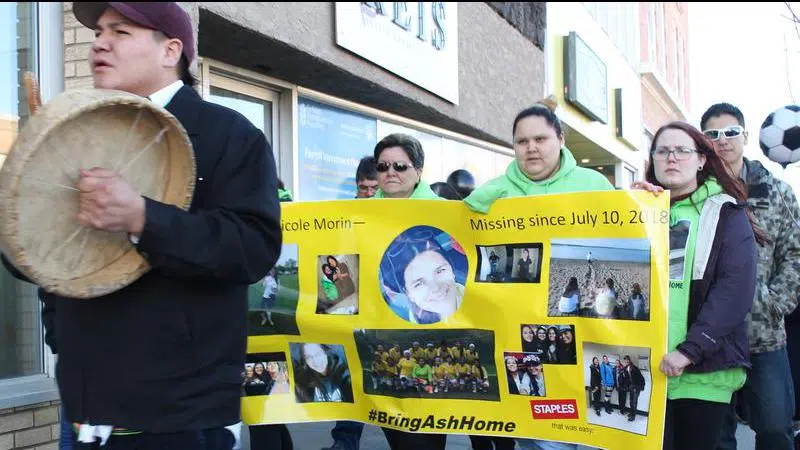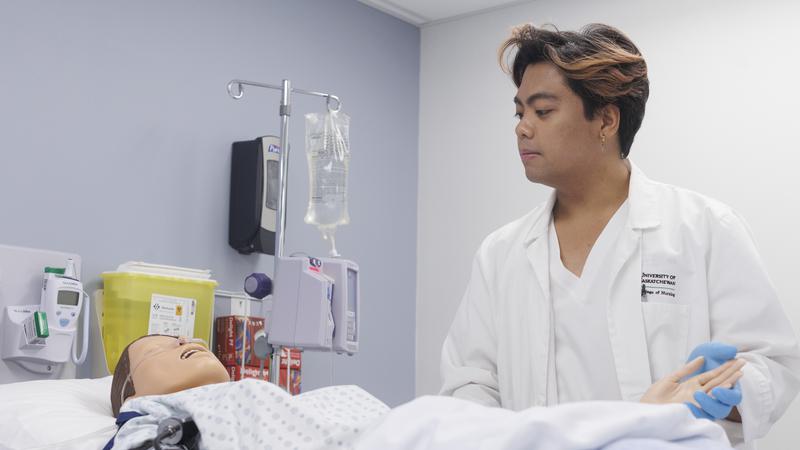
‘All we can do is hope’ change will come: Morin friend responds to MMIWG report
Krista Fox agrees that a genocide involving Indigenous women is occurring in Canada.
That is how the situation involving the high number of women and girls who disappear or fall victim to murder each year in Canada is described in the first paragraph of the National Inquiry into Missing and Murdered Indigenous Woman and Girls (MMIWG).
It was released Monday and included over 200 “Calls for Justice,” which the report described as “legal imperatives” — not optional recommendations.


